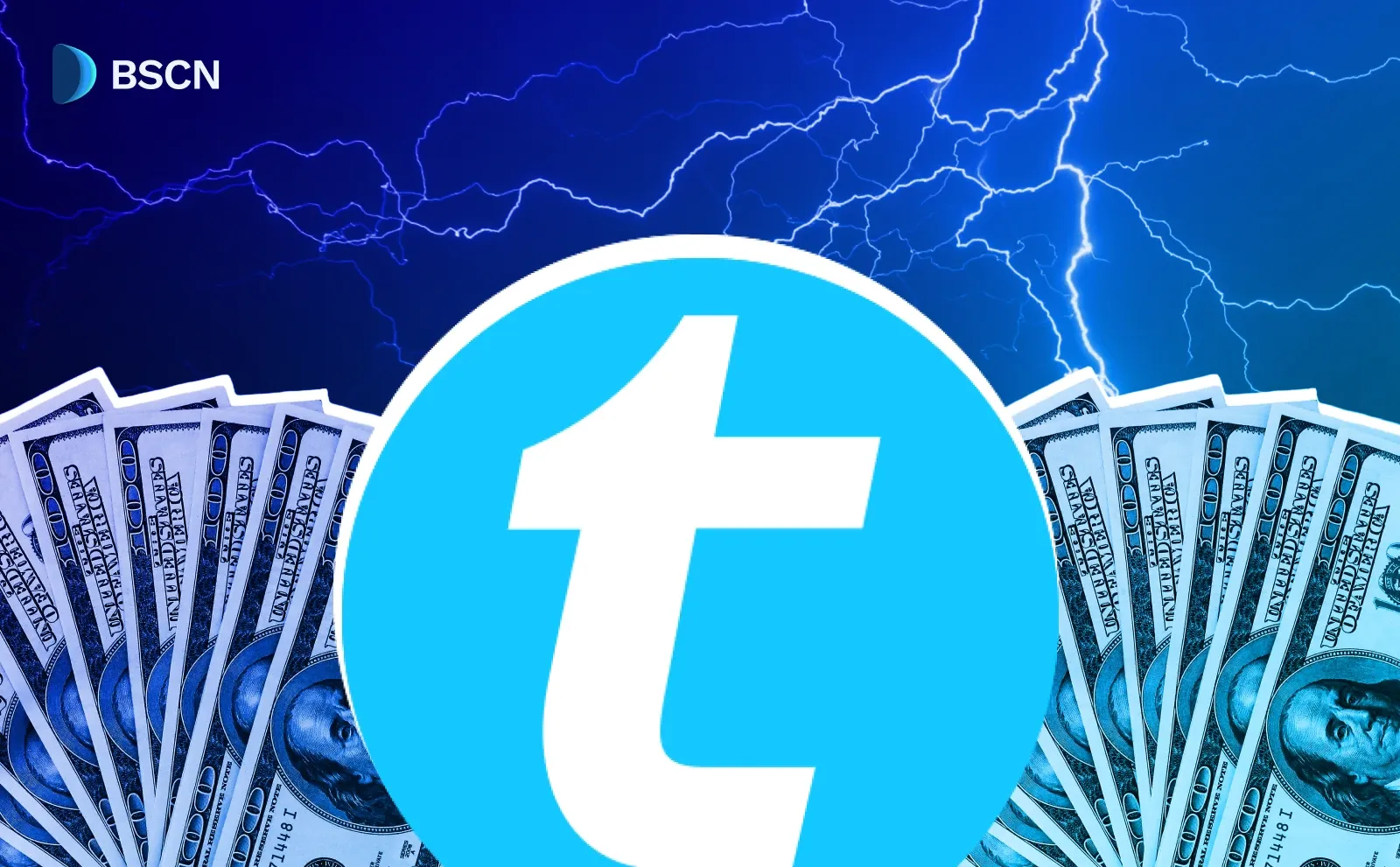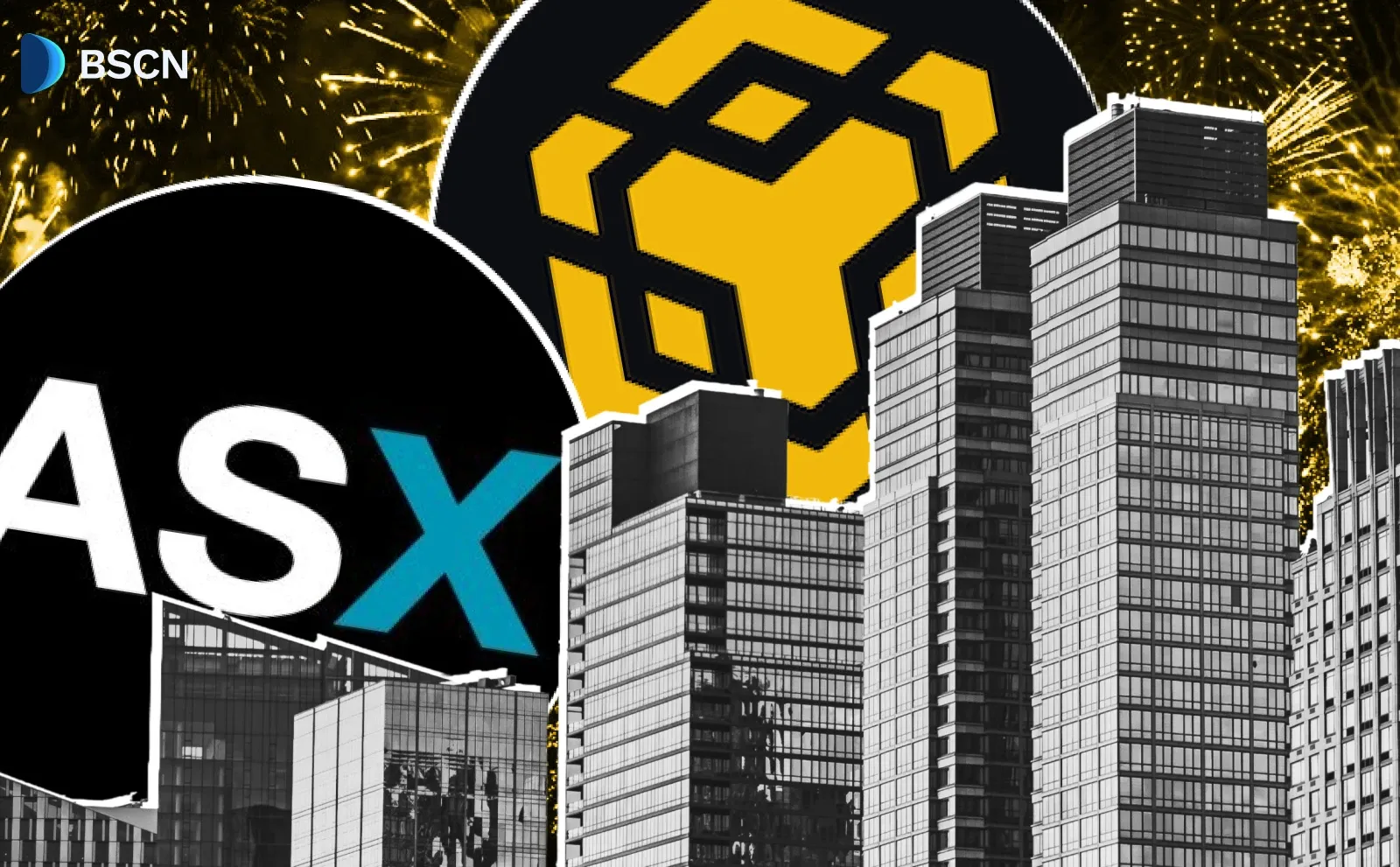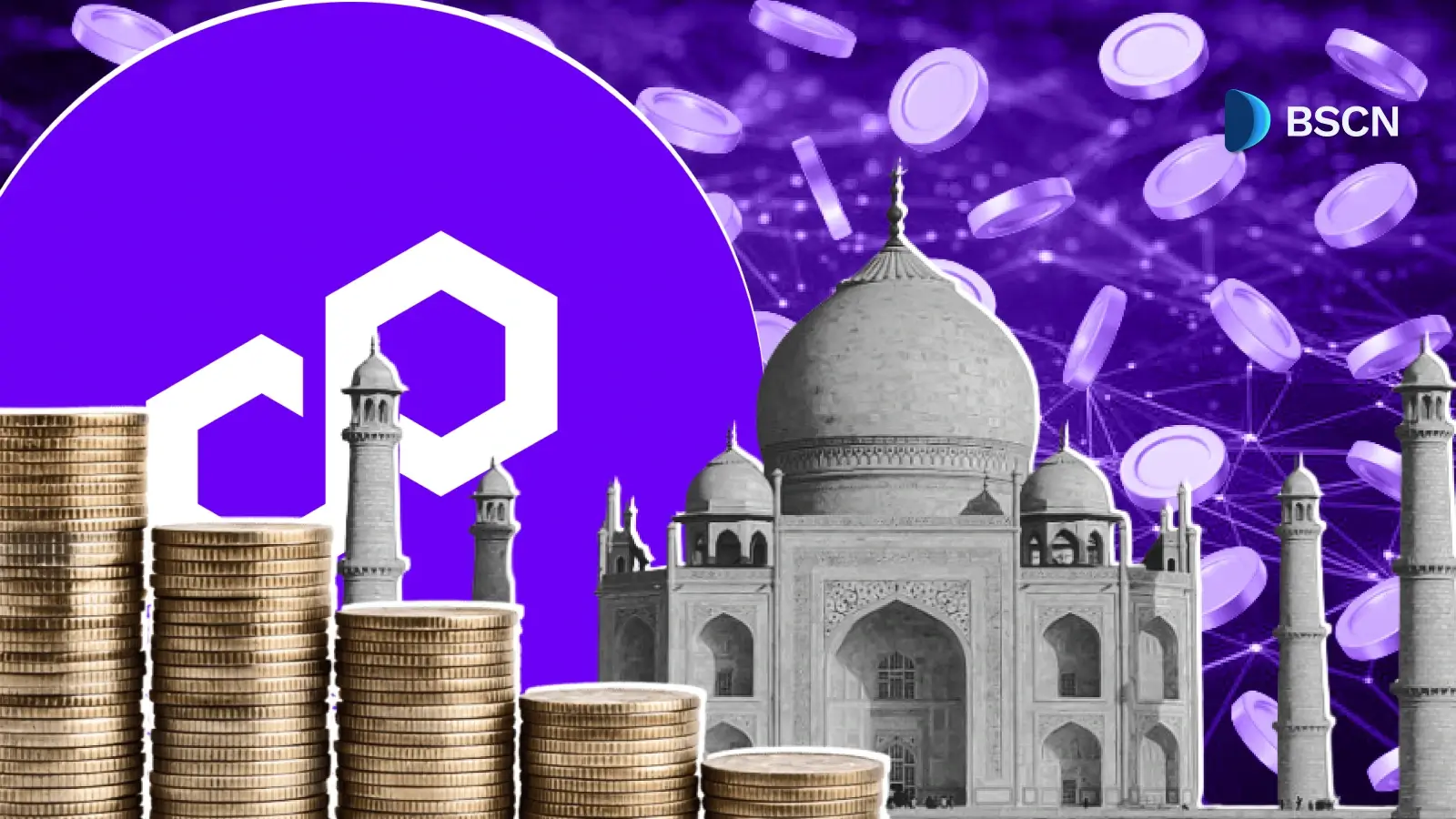News
(Advertisement)
Dunamu-Naver Deal Spurs $6.8B AI and Blockchain Initiative: Report

Naver and Upbit plan to invest $7 billion over five years into AI, blockchain, and financial infrastructure after confirming their mega-merger.
Soumen Datta
November 27, 2025
(Advertisement)
Table of Contents
South Korea’s tech and crypto sectors are set for a major shift as Naver, the country’s leading internet conglomerate, confirmed it will acquire Dunamu, the parent company of Upbit, in a $10.3 billion all-stock deal.
Following the merger, the combined entities plan to invest roughly 10 trillion Korean won ($6.8 billion) over the next five years into building AI-driven financial infrastructure and blockchain-based systems, according to multiple local reports, seen by The Block.
This investment aims to integrate AI, payments, blockchain, and digital assets, creating a unified ecosystem that spans traditional finance and crypto markets.
What Does the Naver-Dunamu Merger Entail?
The merger brings together three core entities: Naver, Naver Financial, and Dunamu. Each contributes complementary capabilities:
- Naver: AI, commerce, and digital content platforms such as Webtoon and Webnovel.
- Naver Financial: Payment and fintech infrastructure.
- Dunamu/Upbit: Cryptocurrency trading, blockchain technology, and digital-asset ecosystems.
The all-stock deal issues 2.54 Naver Financial shares for every Dunamu share, giving Naver 46.5% voting control despite a drop in its stake from 70% to 17% of the financial arm. The structure ensures Naver retains strategic influence over Naver Financial while folding Dunamu’s crypto and blockchain operations into its ecosystem.
The transaction allows Naver to expand beyond payments into digital asset issuance, including potential won-based stablecoins, while leveraging AI for financial management, compliance, and trading systems.
Why Are Naver and Upbit Investing in AI and Blockchain?
The merger occurs at the convergence of two trends: blockchain adoption and the rise of agentic AI. According to Naver CEO Choi Soo-yeon, the companies see an opportunity to build systems capable of automating complex financial workflows while providing secure digital asset management.
Dunamu President Song Chi-hyung added that the goal is to establish a global financial framework encompassing payments, settlements, and broader financial services. The initiative targets both domestic and international markets, leveraging Upbit’s position as one of the world’s top five cryptocurrency exchanges and the leading exchange in South Korea, with more than 80% domestic market share.
The $6.8 billion investment is planned over five years and covers:
- AI-powered financial infrastructure for trading, payments, and risk management.
- Blockchain networks to facilitate secure transactions and tokenized assets.
- Integration of fiat and digital assets for seamless cross-platform operations.
- Tools for institutional investors, including family offices and funds, to manage large crypto portfolios.
How Will This Affect South Korea’s Crypto Market?
South Korea is one of the world’s most active crypto markets. Upbit alone serves over 18 million users, and the integration of AI and blockchain through Naver’s infrastructure could set new standards for financial security, speed, and compliance.
AI is expected to enhance multiple aspects of the combined Naver-Dunamu ecosystem:
- Compliance Automation: AI can monitor transactions for suspicious activity and ensure adherence to domestic and international regulations.
- Risk Assessment: Machine learning models can analyze market volatility and optimize portfolio allocation for large investors.
- Customer Support: Intelligent systems may provide real-time guidance to users managing complex crypto and fiat portfolios.
- Predictive Analytics: AI algorithms can forecast liquidity needs, asset flows, and potential systemic risks.
By combining AI with blockchain:
- Fraud detection and anomaly monitoring can be automated.
- Settlement and payment processing can be optimized for speed and cost.
- Tokenized assets, including stablecoins, can be integrated into broader financial products.
These tools complement blockchain’s immutable ledger, providing both security and efficiency for high-volume, institutional-grade operations.
Recent Security Challenges
On Nov. 27, Upbit disclosed a security incident affecting its Solana network assets, with roughly $36 million (54 billion KRW) transferred to an unauthorized wallet. Tokens affected included memecoins such as Bonk (BONK), Moodeng (MOODENG), and Official Trump (TRUMP), as well as DeFi tokens including Sonic SVM (SONIC), Access Protocol (ACS), Jito (JTO), Solana (SOL), Raydium (RAY), and Circle’s USD Coin (USDC).
The exchange froze affected assets and pledged full compensation from its own reserves, minimizing the impact on users. Upbit also initiated an emergency review of wallet and network systems.
Conclusion
Naver and Dunamu’s $6.8 billion investment plan following their merger aims to build a unified, AI- and blockchain-powered financial ecosystem. By combining Naver’s AI and fintech infrastructure with Upbit’s crypto trading platform, the partnership is positioned to enhance digital asset settlement, secure tokenized financial products, and provide tools for institutional investors.
The deal represents a major milestone for South Korea’s digital finance sector, consolidating AI, blockchain, and fintech capabilities under a single ecosystem and reflecting growing institutional interest in regulated digital assets.
Resources
Report by Bloomberg: Naver to Buy Top Korea Crypto Exchange in $10.3 Billion Deal
Report by The Block: Naver and Upbit to pour $7 billion into AI, blockchain following mega-merger: report
Report by Chosun: "5년간 10조 투자" 네이버·두나무, AI·웹3 결합해 글로벌 공략
Report by Decrypt: South Korea’s Upbit Reports $36 Million Loss in Solana Hot-Wallet Breach
Upbit announcement: 디지털 자산 입출금 서비스 긴급 점검 사유에 대해 안내드립니다.
Read Next...
Frequently Asked Questions
What is the Naver-Dunamu merger?
Naver is acquiring Dunamu, Upbit’s parent company, in a $10.3 billion all-stock deal. The merger integrates AI, fintech, and blockchain operations to create a unified financial ecosystem.
How much will the companies invest in AI and blockchain?
Naver and Dunamu plan to invest roughly 10 trillion KRW ($6.8 billion) over the next five years to build AI-driven infrastructure and blockchain-based financial systems.
Why is this merger significant for South Korea’s crypto market?
The merger combines the country’s leading AI and fintech platforms with its largest crypto exchange, potentially improving transaction efficiency, security, and institutional adoption of digital assets.
Disclaimer
Disclaimer: The views expressed in this article do not necessarily represent the views of BSCN. The information provided in this article is for educational and entertainment purposes only and should not be construed as investment advice, or advice of any kind. BSCN assumes no responsibility for any investment decisions made based on the information provided in this article. If you believe that the article should be amended, please reach out to the BSCN team by emailing [email protected].
Author
 Soumen Datta
Soumen DattaSoumen has been a crypto researcher since 2020 and holds a master’s in Physics. His writing and research has been published by publications such as CryptoSlate and DailyCoin, as well as BSCN. His areas of focus include Bitcoin, DeFi, and high-potential altcoins like Ethereum, Solana, XRP, and Chainlink. He combines analytical depth with journalistic clarity to deliver insights for both newcomers and seasoned crypto readers.
(Advertisement)
Latest News
(Advertisement)
Crypto Project & Token Reviews
Project & Token Reviews
Comprehensive reviews of crypto's most interesting projects and assets
Learn about the hottest projects & tokens















